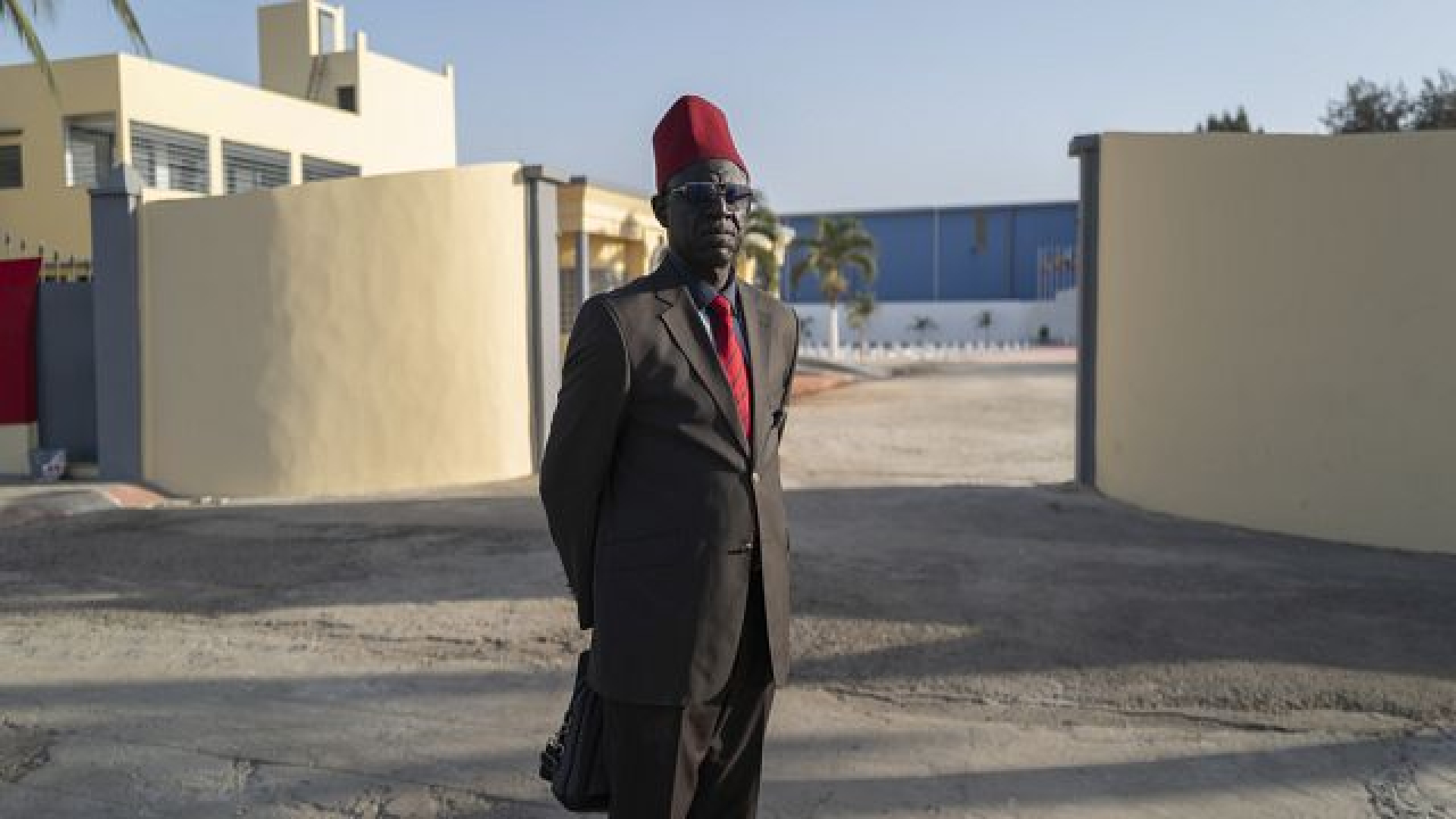
Biram Senghor, an 86-year-old from Senegal’s capital Dakar, regularly visits a military cemetery in the nearby fishing village of Thiaroye. Each time, he bows in front of a different grave, paying respects to the West African riflemen who fought for France during World War II. Among them is Senghor’s father, M’Bap Senghor, whose grave is unknown like countless others in this cemetery.
It is believed that on December 1st, 1944, M’Bap Senghor and hundreds of other West African soldiers were killed by the French army after demanding unpaid wages. However, the exact circumstances and scale of the massacre remain unclear as Senegal commemorates its 80th anniversary.
For Biram Senghor, the fight for justice and answers has been ongoing for 80 years. He states, “France has to repent” and urges French President Emmanuel Macron to take responsibility for the actions of previous French leaders.
The West Africans were part of the “Tirailleurs Sénégalais,” a colonial infantry corps in the French Army. According to historians, disputes over unpaid wages led to a confrontation with French troops, resulting in the massacre of unarmed African soldiers.
In the aftermath, French authorities attempted to downplay the severity of the events in Thiaroye. However, both French and Senegalese historians now agree that the death toll is likely higher than the reported 35 or 70 deaths.
As Senegal and France continue to grapple with the tragic events of the Thiaroye massacre, it serves as a reminder of the complicated and often dark history between former colonizers and their colonies. But for those like Biram Senghor, the quest for truth and justice remains a pressing and personal matter
—-


